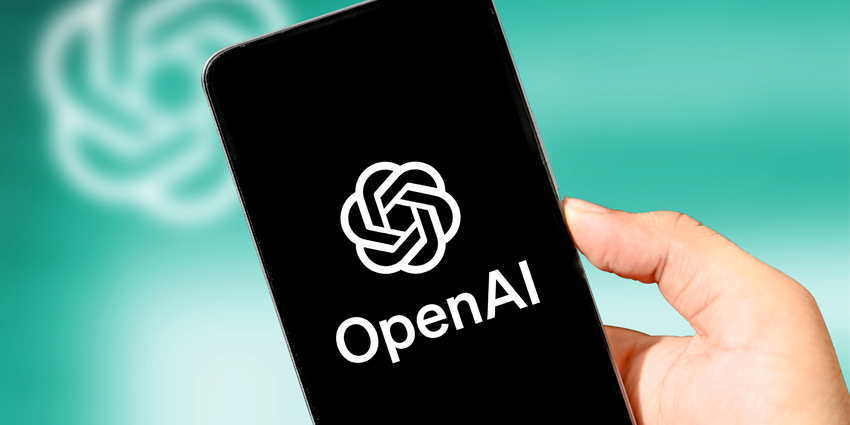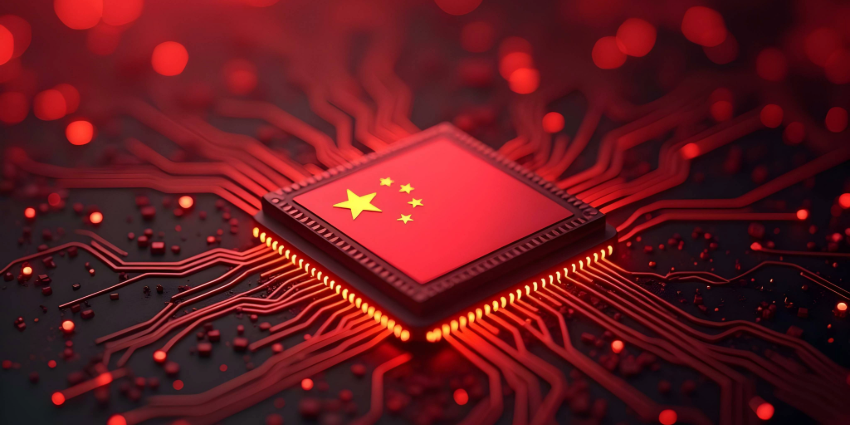Recently, OpenAI revealed the development of an AI-dedicated custom chipset that could potentially take on current and potential stranglehold hardware reliance via NVIDIA AI chipsets.
According to reports, OpenAI is working with international leaders in chip manufacturing, Taiwan Semiconductor Manufacturing Company (TSMC), to develop a custom chip which trains AI models and inferences.
By working with TSMC, OpenAI is able to leverage the firm’s leading chipset technologies, namely 3-nanometer process technology, which secures OpenAI with a similar stack to NVIDIA’s AI chipsets without needing to rely on the former’s hardware.
OpenAI’s Richard Ho is leading the development initiative. Ho is most likely leveraging his previous experience developing AI chips from working at Google.
Ho’s OpenAI chipset development team is notably smaller than similar teams at competing firms. However, the group may increase in size following the finalisation of the chipset’s design, which is due later in the year.
Moreover, the team is already growing through collaboration with Broadcom. According to the Reuters report, OpenAI could potentially invest roughly $500 million in the project as it scales; the recent Stargate project may support this, which the US Government leads.
Sights Set at NIVIDA Reliance
The news comes as NVIDIA continually attempts to claim a stake as a leading AI chipset provider. AI solutions providers rely on NVIDIA as a chipset and hardware partner.
However, despite a strong CES kickoff in 2025, this attempted market dominance is being tackled head-on by other AI leaders, as seen by the recent development of the OpenAI chipset and the debut of services like DeepSeek, which sent shockwaves across the industry.
NVIDIA is currently working to scale its Blackwell chip portfolio, which looks to create a stack of hardware solutions to answer the needs of AI/RT3D content creation, distribution, and usage. This also includes Project DIGITS, an upcoming advanced personal AI supercomputer powered by the Grace Blackwell platform, which is a tall order.
At CES 2025, Jensen Huang, founder and CEO of NVIDIA, remarked:
AI will be mainstream in every application for every industry. With Project DIGITS, the Grace Blackwell Superchip comes to millions of developers. Placing an AI supercomputer on the desks of every data scientist, AI researcher and student empowers them to engage and shape the age of AI.
However, NVIDIA may not be at the top of the pile forever, as emerging technology markets and forthcoming leaders are hard to predict.
The introduction of DeepSeek’s new AI capabilities sent shockwaves through Wall Street, leading to NVIDIA’s largest single-day market value loss in history. The chip giant’s shares plummeted by an astounding 17%, resulting in nearly $600 billion being wiped off its market value at the time.
This decline brought NVIDIA’s stock price back to levels not seen since October 2024. The impact also extended to the broader tech industry, with Google-parent company Alphabet dropping by 4%, Microsoft decreasing by 2%, and Dell Technologies— a major manufacturer of AI servers—falling by 8.7%.
Moreover, on the OpenAI side, there is the aforementioned Stargate Project, a massive initiative backed by OpenAI, Oracle, and international investors, with a budget of $500 billion dedicated to AI infrastructure. This project was announced by President Trump, who stated that it aims to keep “the future of technology” within the United States, bringing more support to the broader AI market and creating a deep space of competition.
In a predictable turn of events for those following this development, Elon Musk, who serves as Trump’s tech advisor, publicly questioned whether the project has the funding it claims. However, he has not provided any evidence to support his scepticism. Further developments led to Musk offering to purchase OpenAI, a move that Altman quickly rejected.








